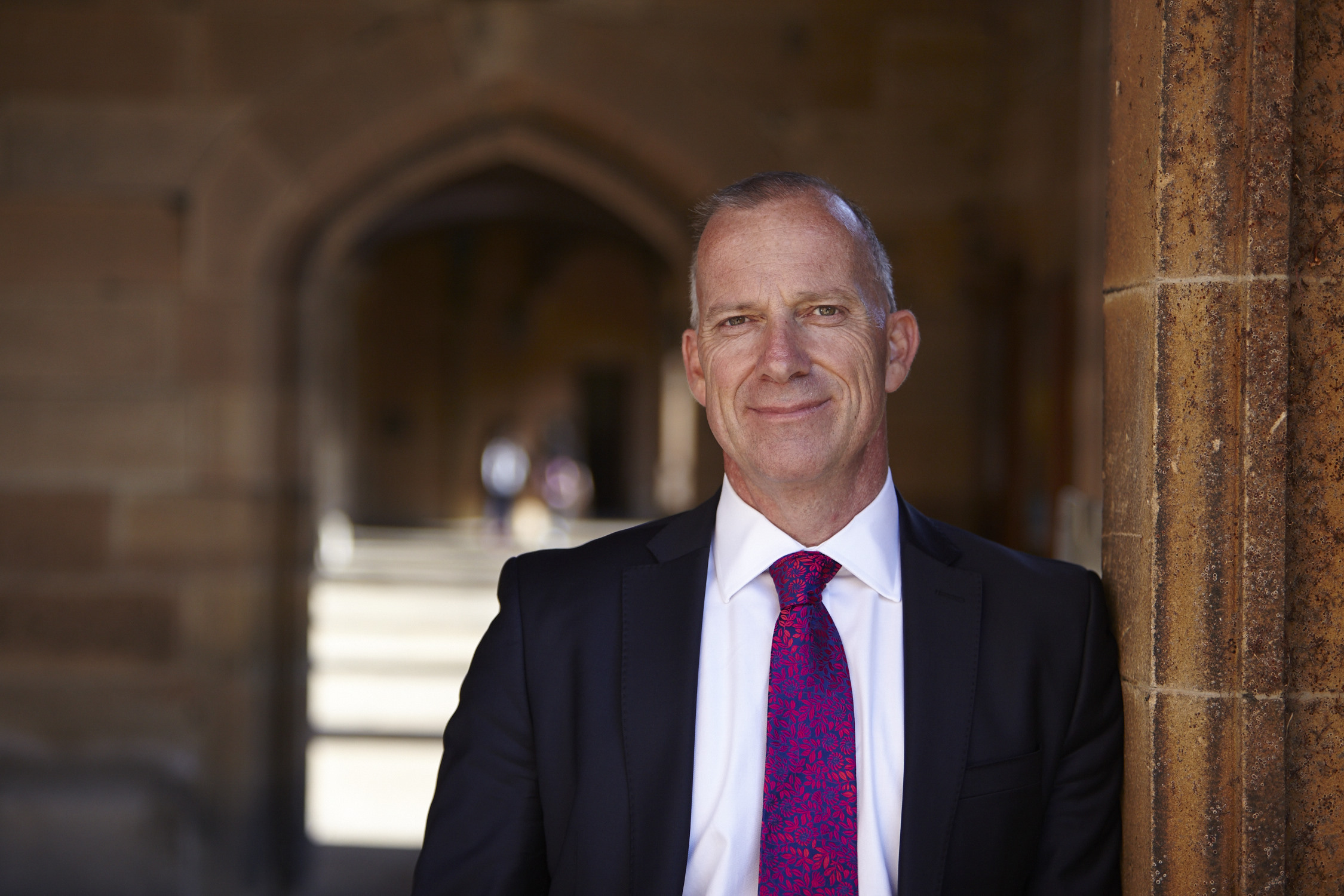
In February, University of Sydney Vice-Chancellor Dr Michael Spence announced he would step down at the end of this year, bringing an illustrious 12-year tenure to an end.
Under Dr Spence’s leadership, the University of Sydney has risen to 1st in Australia and 4th in the world for graduate employability.
He has also overseen the introduction of a new four-year undergraduate curriculum which now includes strategic partnerships with leading industry, government and community organisations across the globe.
While Dr Spence’s decision to leave the University marks the end of an era, it is also the beginning of a new one. In January 2021, he will take up his appointment as President and Provost of UCL in London.
Below, The Educator speaks to Dr Spence about his legacy, effective leadership, and his next big move.
TE: What do you consider to be the key pillars of good university leadership and best practice?
MS: Throughout this current global health crisis I have been immensely proud of the University of Sydney leadership and the way we have brought our individual strengths and expertise to bear to help manage this rapidly evolving and multifaceted challenge. At all times we have kept our students and staff at the heart of decision making. Empowering this collective decision making is one of the foundations of effective leadership, along with transparency in data capture and financial information; a clear strategy developed after genuine consultation and working effectively as one community that lives the values of the institution. We have relied heavily on these foundations over the last few months. Our current five-year strategy has a distinctly outward focus – prioritising comprehensive engagement with industry, government and community to create a globally connected academic community. This engagement has proved critically important during our responses to COVID-19 and the recent bushfires Australia experienced, as our researchers have provided the best possible advice based on evidence and their expertise. As an institution, we have agreed that our best practice for research and education is to: provide a transformed undergraduate curriculum that gives our students the confidence and skills to be tomorrow’s leaders; support collaborative, multidisciplinary research – 10 major centres that equip our researchers to find solutions to the world’s most pressing issues; and embed a culture of diversity, equality and inclusion. We will continue to focus on these areas as we work, teach and learn remotely – and once we can all be back on campus together.
TE: Under your leadership, the University of Sydney has risen to 1st in Australia and 4th in the world for graduate employability. To what do you attribute this impressive feat?
MS: We have re-designed our undergraduate curriculum to better prepare our students for the global workplace. The curriculum complements our core work – excellence in teaching and research and developing the graduate qualities that every employer requires, from critical thinking and effective communication to cultural competence and creativity. We have partnered with more than 50 leading industry, business and civil society organisations from around the world to allow our students to solve real strategic problems that these organisations are facing right now, by working together in multidisciplinary teams. In 2019, 800 students participated in these real-world projects. Our extensive industry connections give our students invaluable networking and partnership opportunities, such as work placements, internships and capstone projects.
TE: In your view, what has been the most powerful impact of the University’s strategic partnerships with leading industry, government and community organisations?
MS: Our strategic partnerships are generating ground-breaking solutions to the world’s most pressing problems – from addressing public health crises like COVID-19 to food security and reforming policy. We unite multidisciplinary teams of researchers with our partners to tackle problems from all angles. These partnerships also ensure that our academic community is influential in the most important social and cultural debates and issues of our time. For example, during the COVID-19 crisis our researchers are contributing to diagnoses, prevention and treatments that include: participating in a consortium led by Fudan University that released the world's first genome sequence of the coronavirus; leading a team of 10 scientists and pathologists and clinicians, in partnership with NSW Health, to grow the live virus from real patients; and collaborating with Chinese ICU doctors to develop an early warning system – based on the latest computing and algorithm technologies – to detect patients at high risk of impending clinical deterioration and reduce the mortality rate.
TE: Can you tell us about your upcoming role as President and Provost of UCL in London, and the change you hope to bring through your leadership there?
MS: The higher education landscape in the UK is changing rapidly – even more so given the current crisis – and as Britain considers its retreat from international engagement, UCL must: stand strong as a truly global institution in a globally focused city; continue to expand its global reach to remain competitive at the highest level; consolidate and build upon its current performance in world-leading research; and build an equivalent culture of excellence in teaching that attracts students from around the globe. In this evolving environment, UCL will need to be able to respond to change quickly and have the capacity to bring staff and students along on the journey. These are challenges not too dissimilar to those I have faced at the University of Sydney – and it will be essential to ensure that the University community remains intact, as we emerge from this strange new world in which we all find ourselves.


